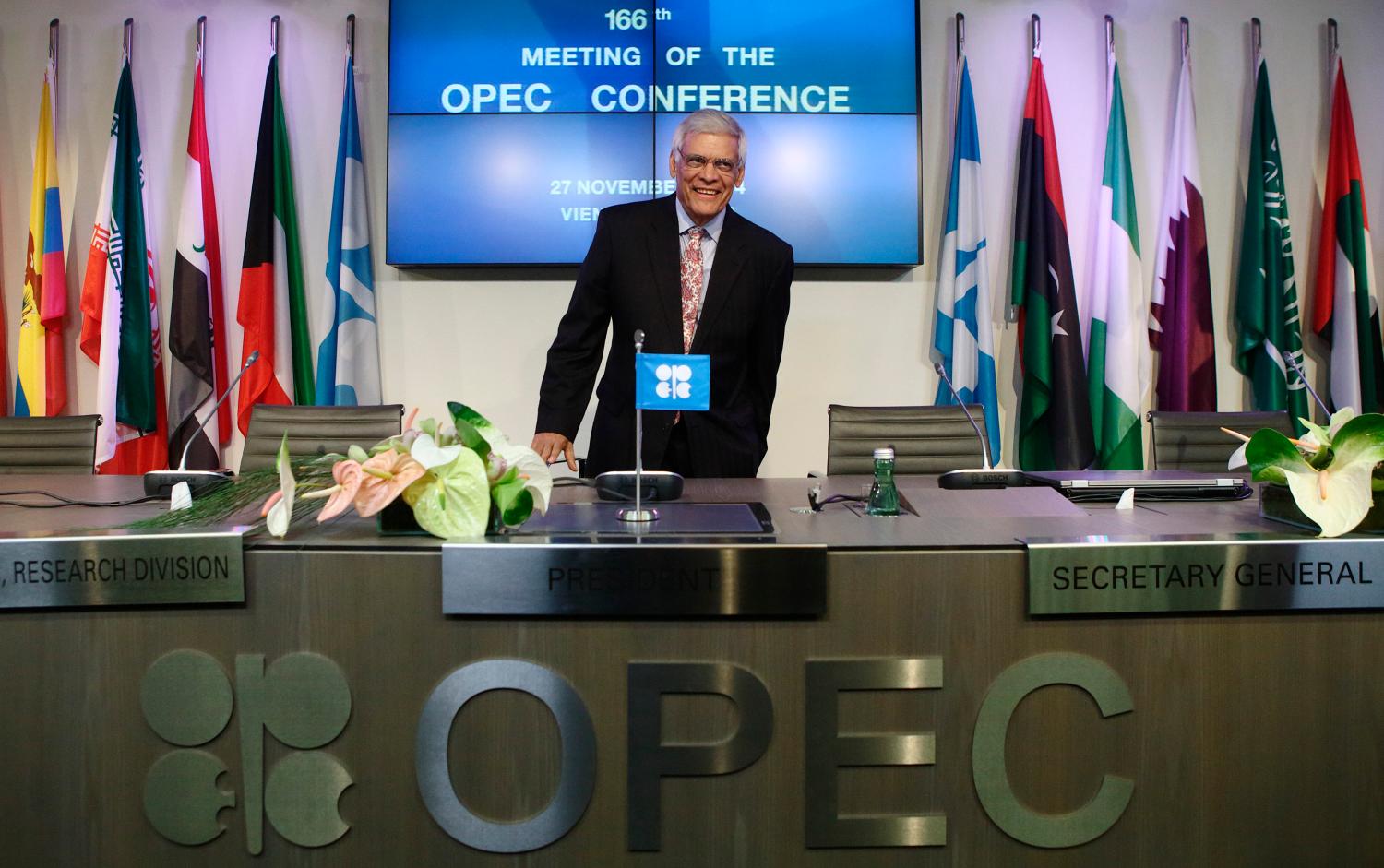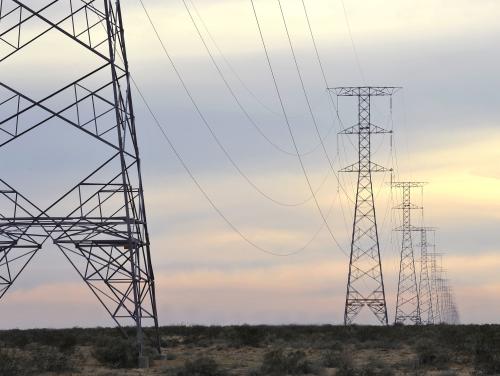Content from the Brookings Doha Center is now archived. In September 2021, after 14 years of impactful partnership, Brookings and the Brookings Doha Center announced that they were ending their affiliation. The Brookings Doha Center is now the Middle East Council on Global Affairs, a separate public policy institution based in Qatar.
The recent fall in world oil prices undoubtedly has an impact on the politics of the Middle East, where many states rely heavily on oil to fund their governments and to float their economies more generally. One can cite serious domestic and regional disruptions that have followed severe oil price declines in the recent past. Will the current period of dropping prices result in domestic upheaval and regional war? Is the price drop part of a Saudi power play against its regional rivals?
Read Sultans of Swing? The Geopolitics of Falling Oil Prices
In this Policy Briefing, F. Gregory Gause, III answers the above questions by analyzing the regional impact of previous declines in the price of oil. He argues that Saudi Arabia is merely continuing its policy of only considering production cuts to arrest falling prices if other producers join them. Gause also finds that, despite memorable exceptions, oil-dependent regimes are actually more stable than their non-oil counterparts, including during periods of lower prices.
In considering the Middle East, Gause identifies a pattern of the region’s oil producers negotiating agreements on production cuts, rather than coming to blows, when faced with low prices. He stresses that if Iran, and perhaps Russia, approach Saudi Arabia about negotiating an oil deal, the United States should encourage such talks, and be ready to expand them to include the largest strategic picture of the Middle East.



